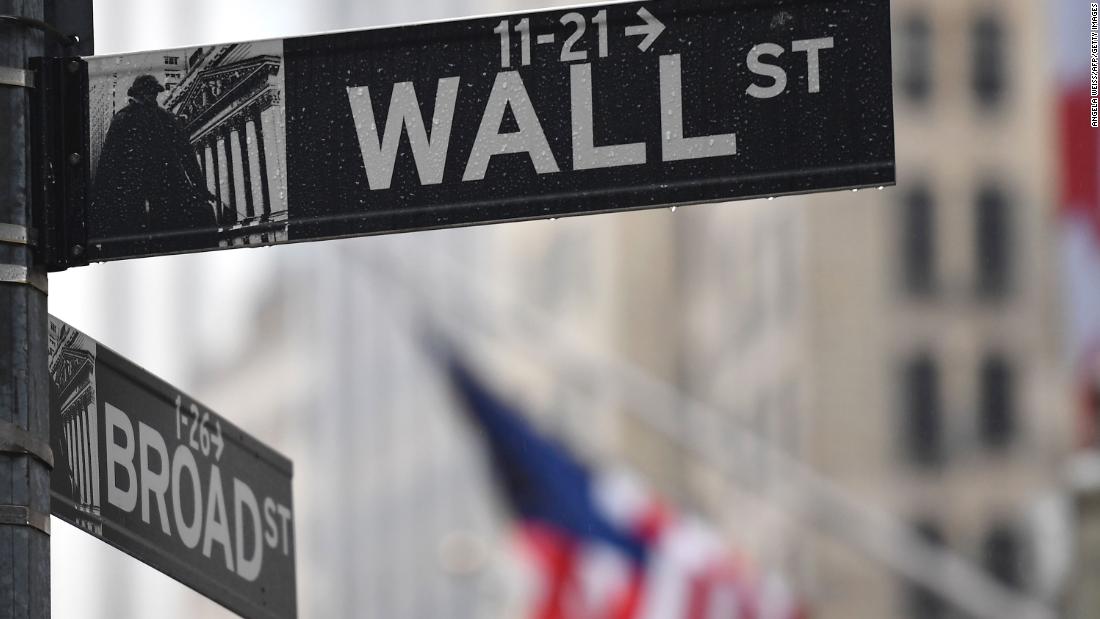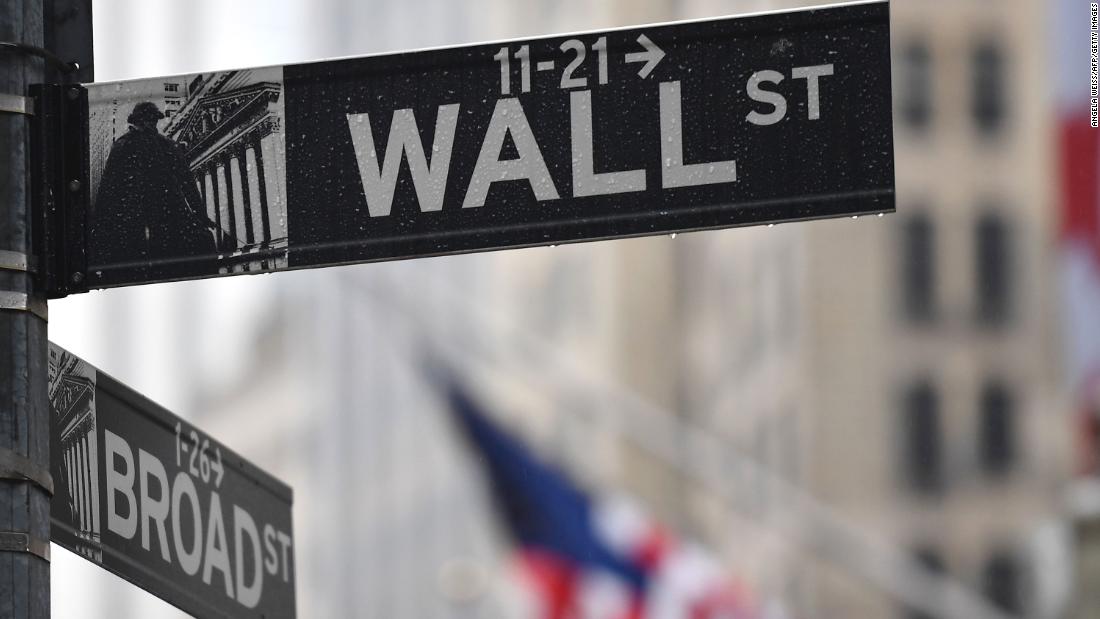Japan’s
Nikkei 225 (N225) gained 1.3%, while South Korea’s
Kospi (KOSPI) advanced 2.6%. Hong Kong’s
Hang Seng (HSI) rose 1.7%. China’s
Shanghai Composite (SHCOMP) was up 0.9%.
All of those indexes are on pace to report weekly gains after the tremendous downward spiral that characterized much of March — though not enough to to pull Japan, South Korea and Hong Kong out of bear markets.
“Overall, there has been a general shift to neutrality from the perfect bear market conditions late last week, which is a good thing,” wrote Stephen Innes, chief global markets strategist at AxiCorp, in a research note.
Australia’s S&P/ASX 200 was the regional outlier on Friday, shedding 2% in Sydney. But it’s still poised to record a gain for the week.
Asia Pacific’s gains followed a strong performance from US stocks on Thursday, which climbed despite the
worst jobless claims data on record.
The
Dow (INDU) finished up 6.4%, or 1,352 points, emerging from the bear market it fell into on March 11. The
S&P 500 (SPX) ended the day up 6.2%, and the
Nasdaq (COMP) rose 5.6%.
Investors remained optimistic as US lawmakers put the finishing touches on a
$2 trillion stimulus bill that will provide a boost to the economy, which has been battered by coronavirus. The Senate
passed the bill 96-0, and the House of Representatives is expected to vote on the legislation Friday.
“The market is running with the assumption that while this tumult will be the deepest recession in modern-day financial history, it will also be the shortest,” Innes wrote.
US stock futures, though, tumbled in after-hours trading. Dow futures fell 300 points, or 1.4%, erasing slight gains made earlier in the evening.
S&P 500 (SPX) futures were down around 1.4% and Nasdaq futures lost about 1.3%.
While financial markets are gaining this week, the
coronavirus outbreak that threw them out of whack continues to spread. Nearly a third of the world’s population is living under coronavirus-related restrictions, and the United States now has the highest number of known cases of coronavirus globally with more than 82,000.


